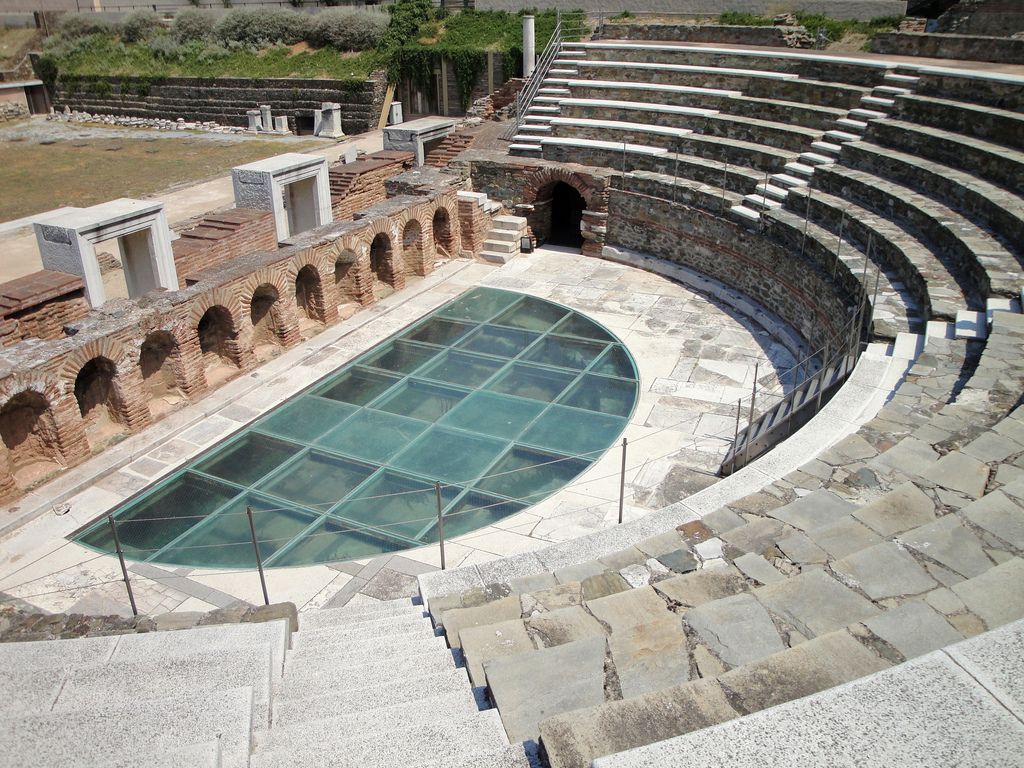“For what is our hope, or joy, or crown of rejoicing?
It is not even you in the presence of our Lord Jesus Christ
at His coming? For you are our glory and joy”
– 1 Thessalonians 2:19-20 –
Paul’s great hope was to be united with the saved of all times and share eternity with them. His heart was filled with this hope. He rejoiced in these believers that he dreamed of presenting to the Lord on the final day, as treasures rescued from the war of sin. Those faithful before the throne and before the King would be his glory.
A detail, which is not minor, enhances this story: Paul’s joy and that of Christ are joined together. Isaiah 53:11 says that one day Jesus will see the fruit of the affliction of His soul and be satisfied. Both the Bread of Life and the distributor of bread are complete in the salvation of the people.
This desire of the apostle to visit his converts would strengthen his faith and commitment to the truth, and give him more courage to face persecution. How much encouragement was produced in those believers to know that they were the hope, the crown, the joy, and the glory of the apostle.
In those days there were two recognized types of crowns. One was the royal crown, symbol of authority and majesty. Another was an Olympic crown, a symbol of victory and celebration that was awarded to the victors in the games held by the ancient Greeks in the city of Olympia. This second crown consisted of a crown and laurel branches.
Paul does not refer here to the crown of righteousness that the Lord will give at His cominig but to the wreath of victory. Paul’s crown is a wreath of laurel for the victory of his converts.
“We are permitted to unite with Him in the great work of redemption and to be sharers with Him in the riches which His death and suffering have won” (Thoughts from the Mount of Blessings, pp. 89-90). “The evidence of his apostleship is written upon the hearts of those converted, and is witnessed to by their renewed lives. Christ is formed within, the hope of glory” (The Acts of the Apostles, p. 328).
If our wreath of glory is the honor of saving people for Jesus,
soon the Lord will change the perishable and fragile laurel
for the everlasting and eternal crown.










